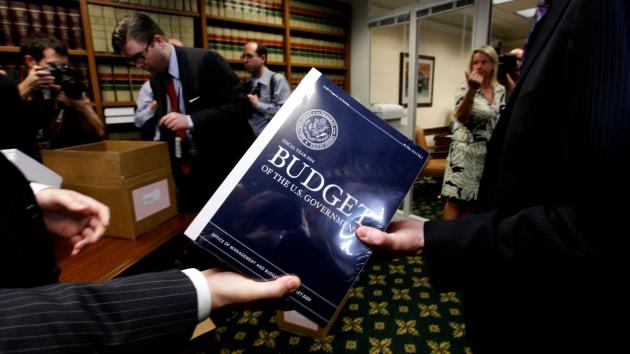U.S. international education may see reduction

The President's Fiscal Year 2014 Budget proposal is delivered to the Senate Budget Committee and distributed to staff, in Washington DC on April 10, 2013
On April 10th, U.S. President Barack Obama announced the Proposed Budget for the 2014 fiscal year. Drawing mixed reactions on either side of the aisle, the Budget is particularly bleak for international education and research.
Improving access to higher education is a key strategy in the Budget’s emphasis on rebuilding a strong American middle class. However, less funding is being made available to enable students to study and research abroad. While according to the proposed budget, the Department of Education will award more than nine million Pell Grants— the Benjamin A. Gilman International Scholarship Program, which provides scholarships for undergraduate Pell Grant recipients to study abroad, will face a nearly 20% reduction to $10.8 million.
These cuts “will make it even harder for our students to study abroad,” lamented Sherif Barsoum, director of international student and scholar services at Vanderbilt University.
Like many U.S. government sponsored foreign exchange and research programs, the Gilman Program is not administered by the Department of Education, but rather by the Department of State’s Bureau of Education. For the 2014 fiscal year, the State Department requested $309.8 million for academic programs, a $16.6 million drop from 2013. Other State Department programs like the East-West Center are facing budget cuts. The department requested $10.8 million for the Hawaii based research center, a $5.9 million decrease after its funding was already reduced by nearly 50% in 2011.
In cases where improvements are being made, increases still do not compensate for cuts in previous years. For instance, the State Department’s flagship foreign study program, the Fulbright Program, will receive a slight increase of $1 million to $232.5 million, but this is still below 2011 levels, a year when the Fulbright-Hays doctoral program announced it was unable to grant new awards due to drastic funding cuts.
Additionally, the Department of Education’s Title VI funds, which support university level research for various regions of the world and the study of less commonly taught languages like Bengali and Farsi, will receive $73.5-million under the proposed budget, a $6.9-million increase from 2013. Still, this does not nearly restore roughly 40% reduction for Title VI funds in 2011.
While the outlook may seem dim for international education, the administration requested an unspecified increase for innovative applied research and technology programs administered by the U.S. Agency for International Development (USAID) which target poverty. This increase comes after USAID’s announcement of the Higher Education Solutions Network last year. The new program seeks to support university research on improving foreign aid and finding solutions to the problems faced by the developing world.
(Charles Horne is a reporter for Chinese Social Sciences Today)
